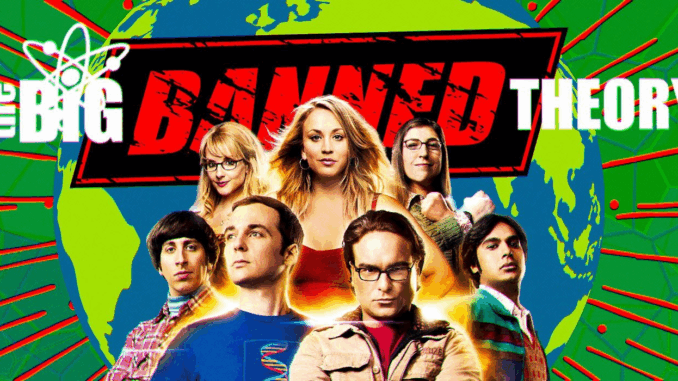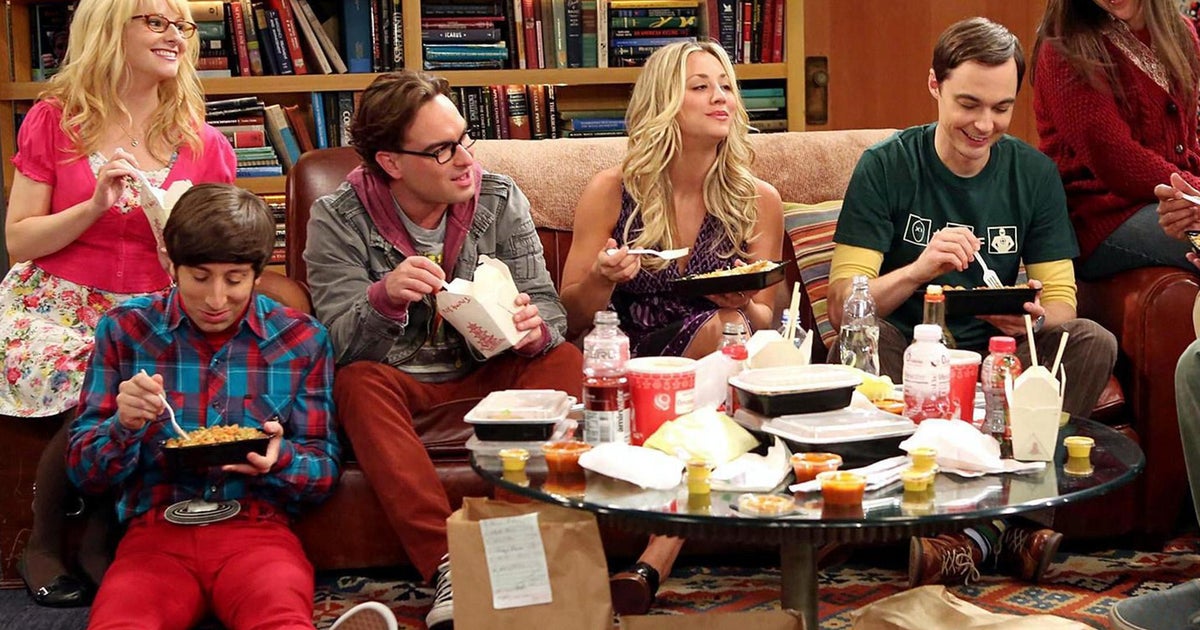
The Big Bang Theory wasn’t just a TV show. For millions around the world, it became a safe space—one where intelligence was celebrated, quirks were normalized, and fandom found a home. While many comedies fade after their finale, The Big Bang Theory has continued to thrive through its dedicated global fanbase.
A Different Kind of Hero
Unlike traditional sitcoms centered on attractive, socially savvy protagonists, The Big Bang Theory broke the mold. Its heroes weren’t heartthrobs or action stars—they were scientists, comic book enthusiasts, Dungeons & Dragons players. People who had long been caricatured on screen were now given depth, humor, and above all, dignity.
For fans who often felt like outsiders in their own lives, seeing characters like Sheldon, Leonard, Raj, and Howard thrive in their own awkward brilliance was deeply affirming.
Global Appeal in Translation
Though rooted in American culture, the show’s themes—friendship, ambition, love, and identity—translated seamlessly across borders. The Big Bang Theory has been dubbed into more than 50 languages and syndicated in over 70 countries.
In Germany, Sheldon became a cult figure. In India, Raj’s character sparked conversations around diaspora identity. In Brazil, fans organized conventions celebrating science and sci-fi, with TBBT often at the center. The characters might have spoken in physics and Klingon, but their message was universal.
Fandom Culture at Its Smartest
The show sparked a resurgence in interest for real-world physics, engineering, and astronomy. University lecture halls reported increased enrollments in physics and STEM fields, with some students citing The Big Bang Theory as a motivating factor.

Online, fan fiction and Reddit forums flourished. Memes about Sheldon’s “Bazinga!” and Amy’s neurobiological monologues became shared digital language. Cosplay of the cast became a staple at Comic-Con, and merchandise—from Soft Kitty plushies to authentic physics textbooks—sold in the millions.
A Voice for Neurodivergence and Social Anxiety
Perhaps one of the most impactful aspects of the show was how it opened up dialogue about social behaviors often stigmatized in real life. While never officially diagnosed, Sheldon Cooper was widely embraced as a representation of people on the autism spectrum.
Viewers with Asperger’s, social anxiety, or other neurodivergent traits often spoke out about how Sheldon made them feel seen. While not without critique, the show undeniably pushed mainstream audiences toward empathy and understanding.
Continuing the Legacy
Even after its finale in 2019, the TBBT universe expanded. Young Sheldon offered deeper insight into Sheldon’s upbringing, while the potential for future spin-offs remains a constant topic among fans and entertainment outlets.
But more than anything, the fanbase has kept the heart of the show alive. From trivia nights and podcast retrospectives to rewatch marathons and academic articles, The Big Bang Theory isn’t just remembered—it’s relived, reinterpreted, and revered.